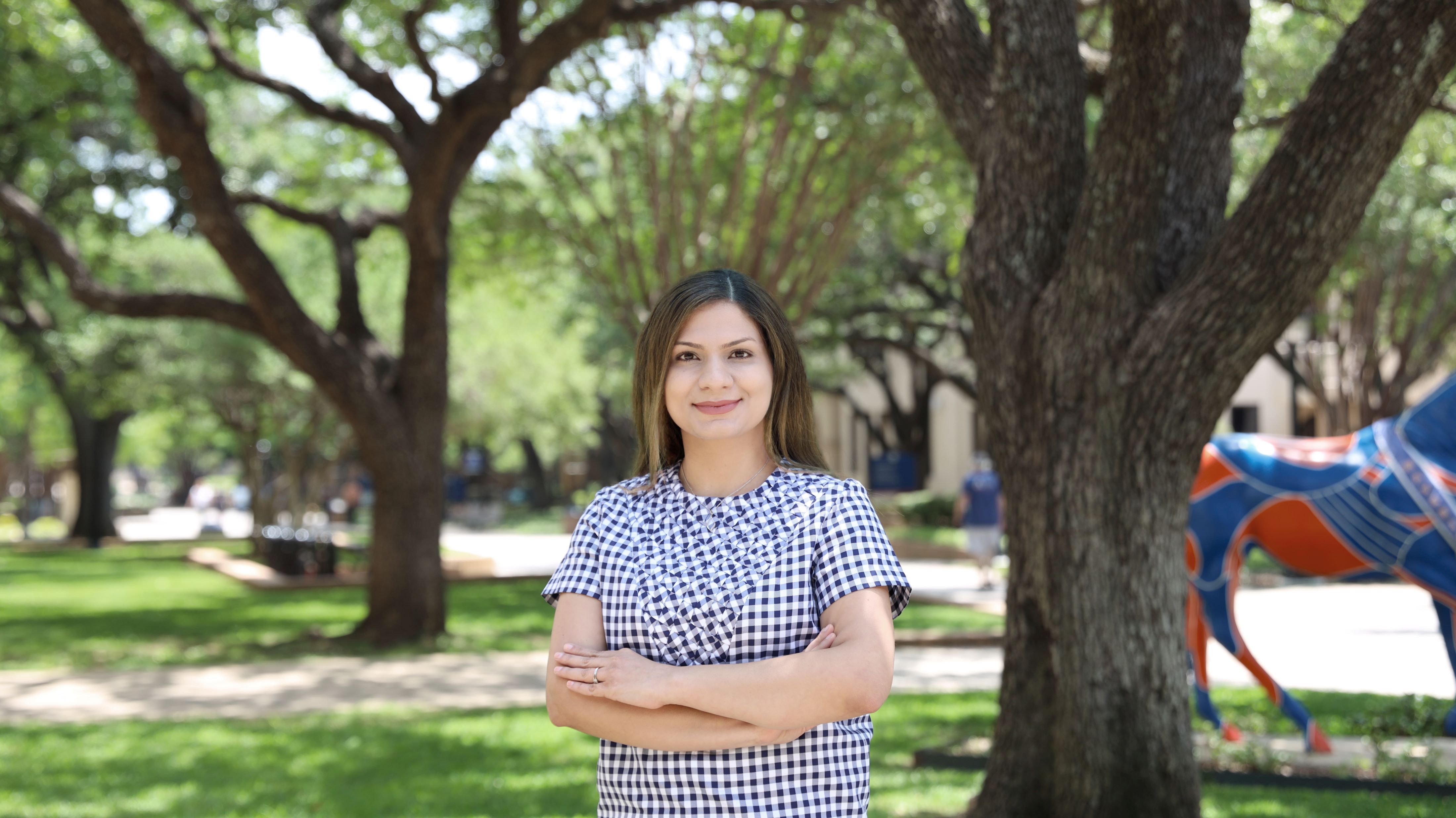A prestigious CAREER award for UTA faculty member
A University of Texas at Arlington faculty member is pioneering a transformative technique aimed at enhancing the utilization of tungsten in additive manufacturing processes, specifically overcoming significant challenges presented by tungsten’s high melting point, intrinsic brittleness and high susceptibility to cracking.

Narges Shayesteh, assistant professor in the Mechanical and Aerospace Engineering Department and director of the Innovative Additive Manufacturing Laboratory, has earned a five-year, $582,358 Faculty Early Career Award Development Program (CAREER) grant from the National Science Foundation to advance her research and education initiatives.
The CAREER Award is the NSF’s highest honor for junior faculty. Winners are outstanding researchers, but also are expected to be outstanding teachers through research, educational excellence and the integration of education and research at their home institutions.
“This is a truly prestigious honor for me,” Shayesteh said. “It provides a significant chance to expand and enhance my ongoing research in this crucial area.”
Refractory metals, especially tungsten, are known for their high strength and high melting temperatures and hold immense potential for applications in extreme environments, like those found in space and defense. But their inherent brittleness and high susceptibility to cracking present significant hurdles for use in fabrication.
Shayesteh aims to overcome these obstacles and enhance the performance and heat tolerance of tungsten. Her innovative research focuses on a unique hybrid manufacturing technique that combines in-situ rolling and nanoparticle sealing during the laser powder-bed fusion of tungsten parts. In this intricate process, each layer of tungsten is attentively subjected to rolling during its solidification stage, helping to fine-tune its grain structure and decrease the likelihood of crack formation. Afterward, a layer of tungsten nanoparticles is applied and melted, effectively sealing any potential cracks.
“Addressing the manufacturing complexities of tungsten parts is not straightforward, but my unique hybrid technique holds substantial promise,” Shayesteh said. “My research could yield wide-ranging benefits, such as improving components for hypersonic aircraft and unique fusion reactors, thereby enhancing national security and contributing to the U.S. economy.”
Erian Armanios, chair of the Mechanical and Aerospace Engineering Department, said Shayesteh’s grant is an example of groundbreaking research by UTA researchers.
“Dr. Shayesteh’s CAREER Award is a feather in her cap, and an excellent reflection of UTA’s research and innovation,” he said. “Her discoveries will support our leading work in hypersonics, as well as in many other areas.”
- Written by Jeremy Agor, College of Engineering